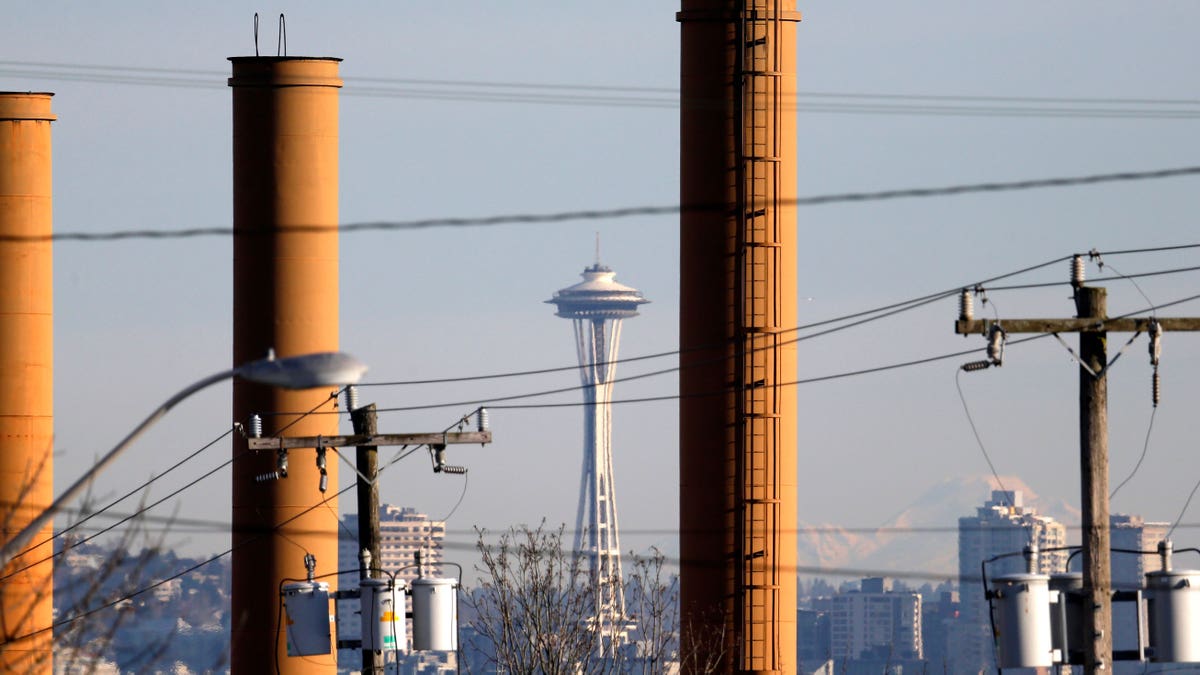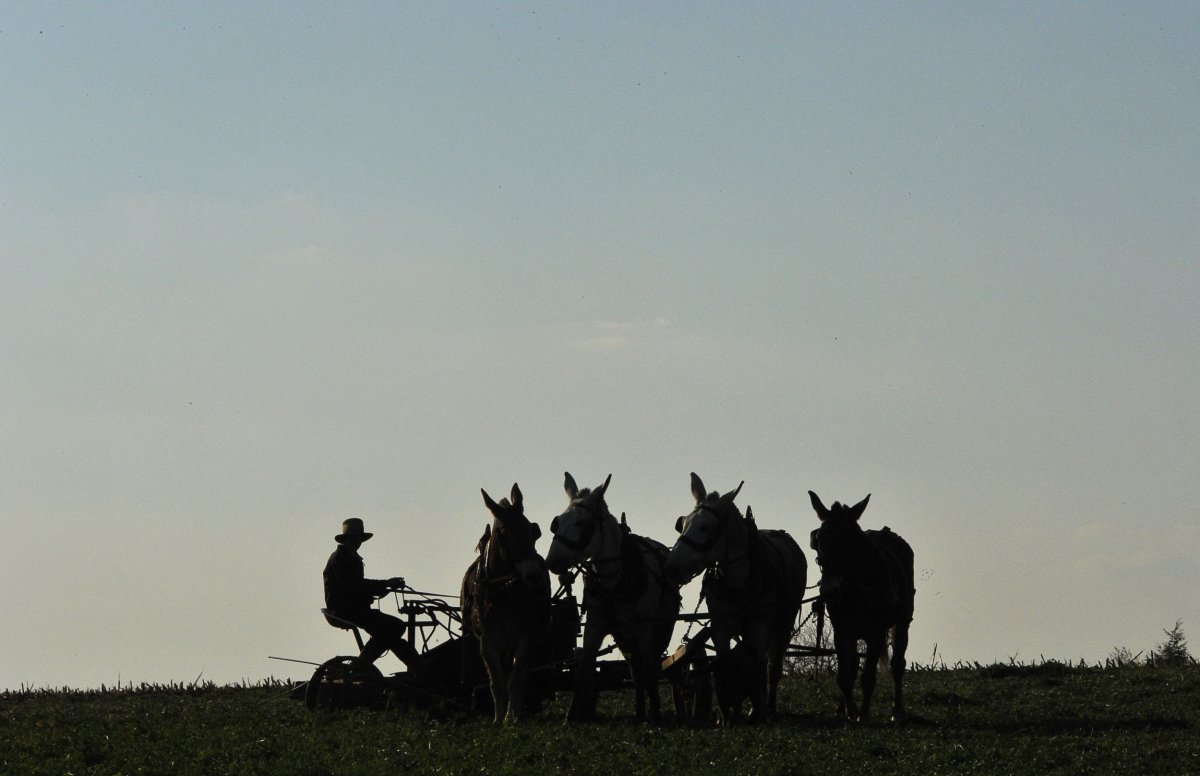U$A
New study reveals widening gap on racial inequality in higher education

A UC Berkeley-led study revealed that disparities in the share of Black and Latino students admitted to America's elite colleges and universities have endured and even widened over the last 40 years.
The study, "Shifting Tides: The Evolution of Racial Inequality in Higher Education from the 1980s through the 2010s," was published in Socius: Sociological Research for a Dynamic World and conducted by a team of researchers from UC Berkeley's Social Sciences D-Lab, SUNY Polytechnic Institute, University of Arizona and Portland State University. It used four national survey datasets to examine college attendance trends across different racial groups over several decades.
The results show a concerning pattern: despite more students from all races going to college, Black and Latino students are increasingly less likely to attend top-tier, four-year colleges compared to their white peers. This gap remains significant, even when family income and parents' education are factored in.
"The recent rapid expansion of higher education might raise an expectation of a decrease in racial inequality, but our findings show this isn't the case," said Byeongdon Oh, a UC Berkeley Social Sciences D-Lab researcher, who led the study. "The privileged continue to benefit the most from higher education opportunities."
This study is unique in its comprehensive approach, analyzing data from the High School and Beyond survey, the National Education Longitudinal Study of 1988, the Education Longitudinal Study of 2002 and the High School Longitudinal Study of 2009. These datasets represent a wide spectrum of high school graduates over a span of four decades, providing a robust platform for analysis.
The stark findings show that while participation in two-year and non-selective four-year colleges increased for Black and Hispanic students, their presence in elite four-year colleges (those ranked by Barron's selectivity index) continued to lag.
The study reveals that adjustments for family socioeconomic status do little to alter these trends. This suggests that the underlying issue of racial inequality in college attendance goes beyond socioeconomic measures, such as family income and parent's education, and is intrinsically linked to race itself. It points to a systemic issue within the fabric of American education and society.
"In terms of the underlying issue of racial inequality in college attendance, there are subtle mechanisms and experiences of racism and discrimination that Black and Latino students encounter," said Ned Tilbrook, a University of Arizona researcher who is co-author of the study.
"One of the real contributions of this research is being able to look at the evolution of racial inequality in college attendance over four decades, which shows how the gap in admissions to the most selective institutions is getting wider. This is especially striking considering that overall college attendance has increased."
The implications of these findings are significant, particularly in light of the 2023 Supreme Court ruling that overturned affirmative action. "While our study doesn't directly measure the impact of the Supreme Court decision, it does suggest that the trend of widening racial disparities might continue or even worsen," said Oh, who did postdoctoral work at PSU and is also an assistant professor of sociology at SUNY Polytechnic Institute.
The researchers argue for a holistic approach to admissions, advocating for the consideration of an applicant's background and circumstances and a focus on rectifying educational disparities at the K–12 level.
"The Education Counsel in Washington, D.C. calls for universities to recognize the recent SCOTUS decision as an opportunity—an opportunity to integrate DEI into all university mission statements and to centralize holistic admissions practices, including identity-neutral questions that ask applicants to describe how their experiences, knowledge and expertise align with the university's DEI mission," said Dara Shifrer, associate professor of sociology at Portland State University and co-author of the study.
The researchers also emphasize the need for proactive policy interventions to address this deep-rooted inequality. "Considering a student's background in admissions is crucial," said Tilbrook, who is also a Ph.D. candidate in sociology at PSU.
The study highlights the vital role of college admissions processes in shaping future socioeconomic disparities. With higher education being a prerequisite for economic success for many, the underrepresentation of racial minorities in selective institutions can perpetuate and widen the racial gap in socioeconomic outcomes, the researchers said.
The long-term societal impacts of these trends are a major concern. "If these educational disparities continue, they will likely lead to further racial inequalities in society," Oh said. "It's about the reproduction of structural racism across generations."
This study underscores the critical need for continued research and policy intervention to bridge the growing racial divide in higher education.
"Merely eradicating race from admissions criteria isn't a solution," Oh said. "We need to understand and tackle the historical and systemic roots of these inequalities."
More information: Byeongdon Oh et al, Shifting Tides: The Evolution of Racial Inequality in Higher Education from the 1980s through the 2010s, Socius: Sociological Research for a Dynamic World (2024). DOI: 10.1177/23780231231225578
Provided by University of California - Berkeley











